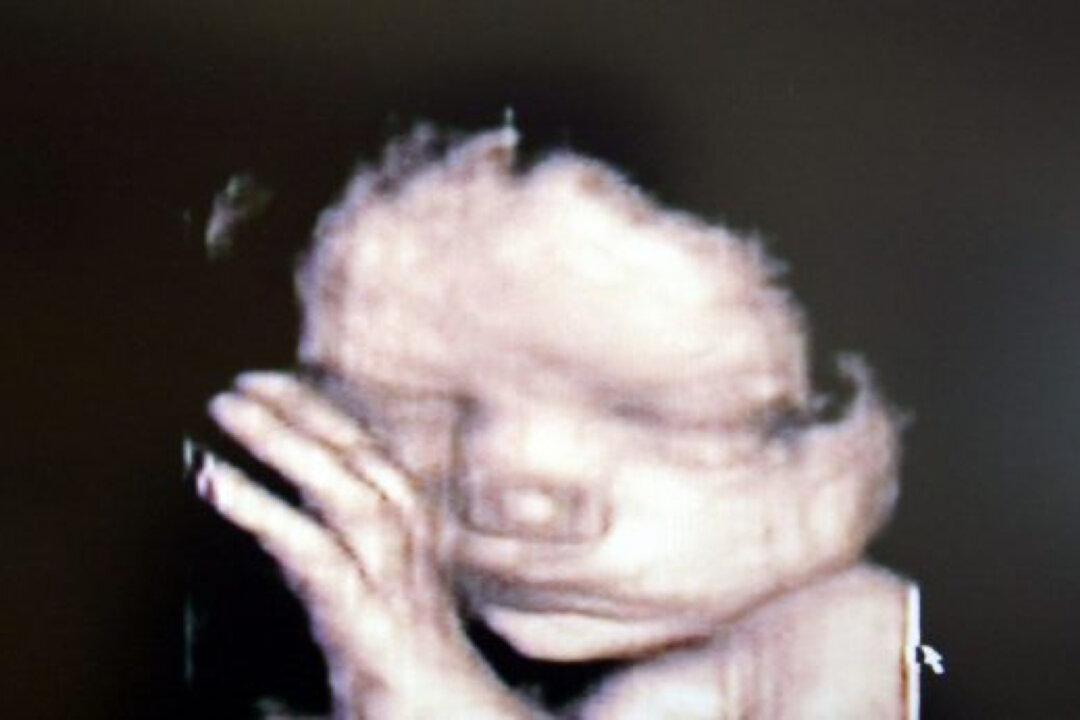Congressional Republicans are launching an initiative to expand the child tax credit, which includes applying the credit to unborn children.
Rep. Ashley Hinson (R-Iowa) is spearheading the Providing for Life Act (pdf) in the House, which is an aggressive effort to reform the federal government’s family care system, her office said in a news release.





